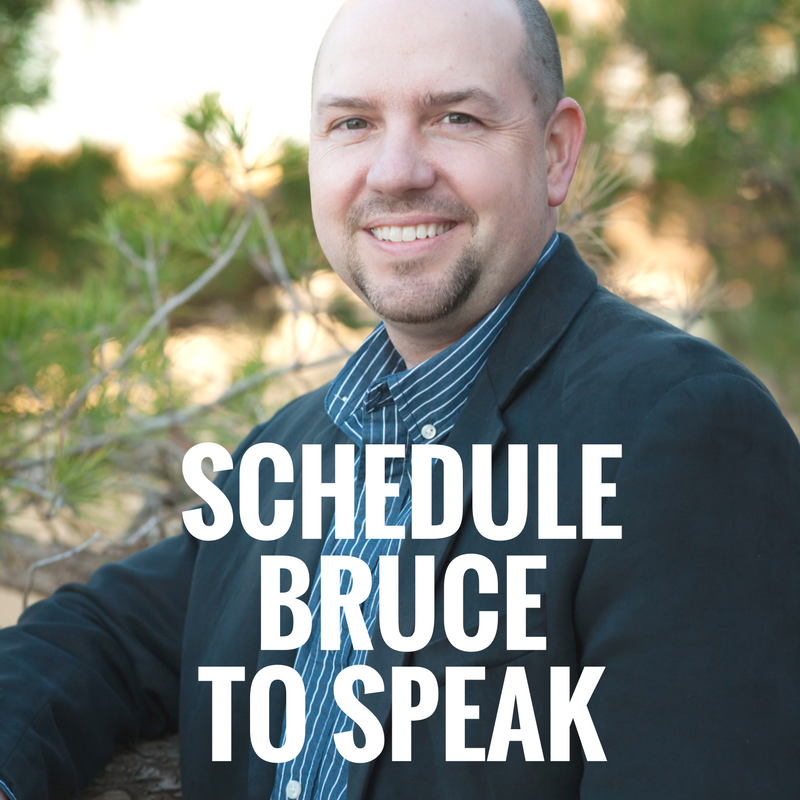Good Habits for Caregivers & Patients #1
When illness visits and you don’t feel good, interactions change. When you enter the terrain of long term, chronic conditions, you don’t feel like yourself for a long time. Some of us manage with grace; some of us get angry and difficult. The same goes for others under the same roof.
In trying circumstances, three words almost always help to make it better:
Please. Sorry. Thank you.
Whether you are the caregiver or the patient, preface your requests with please. This is more difficult than it sounds, especially when you hurt all over or when you are exhausted from carrying an extra load.
Inevitably, you will also need to say that you are sorry. This word works best when used very specifically and contritely. Flippant and begrudging “sorries” don’t seem to work. But, when you own your behavior and the hurt it has caused, this word begins to heal wounds. If you can offer how you will correct your behavior and follow through, love will multiply all around you.
Thank you. After a tumultuous night where everything went wrong and tempers flared, one Parkinson’s caregiver admitted that she and her husband finally fell asleep. The next morning, she awoke to realize that he was not in bed. But, something fluttered against her face. A sticky note. It read, “Thank you.” She sat up to find a trail of sticky notes from the bedroom to the kitchen, where he was making her breakfast (and another major mess). But, this hall of fame love language moment with affirming messages like, “I love you,” “I’m sorry,” “You are a treasure,” and others erased her dismay with the kitchen mess. The overwhelming message of thank you won the day.
Please. Sorry. Thank you. Try them with the people under your roof.
Worth Repeating
Too often we underestimate the power of a touch, a smile, a kind word, a listening ear, an honest compliment, or the smallest act of caring, all of which have the potential to turn a life around.
-Leo Buscaglia




